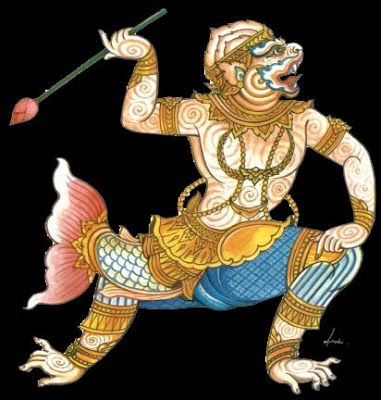Famous Last Words: The End

This will be my last post to finish this class, and while I'm ecstatic to have more time to focus on finals, I am quite sad to finish. I loved the steady stream of facts, tidbits, images, and motivational snippets presented here, and I might have to teach myself how to use that Twitter thing just to keep enjoying all the extras this class held. This semester I learned: How to create a blog How to create a website How to positively give functional feedback How to legally source photographs for web use How to brainstorm for creative writing (which I've actually done precious little of since grade school) How to make memes on the fly How to conduct a horse sacrifice (that's one I will never actually do, but now I know) And that's not even including the content we studied! Rama, Hanuman, Krishna, Vishnu, Yama, and so many more. I loved discovering similarities between folktales of India and other cultures, and I loved all of the origin stories (as my bridge projec



